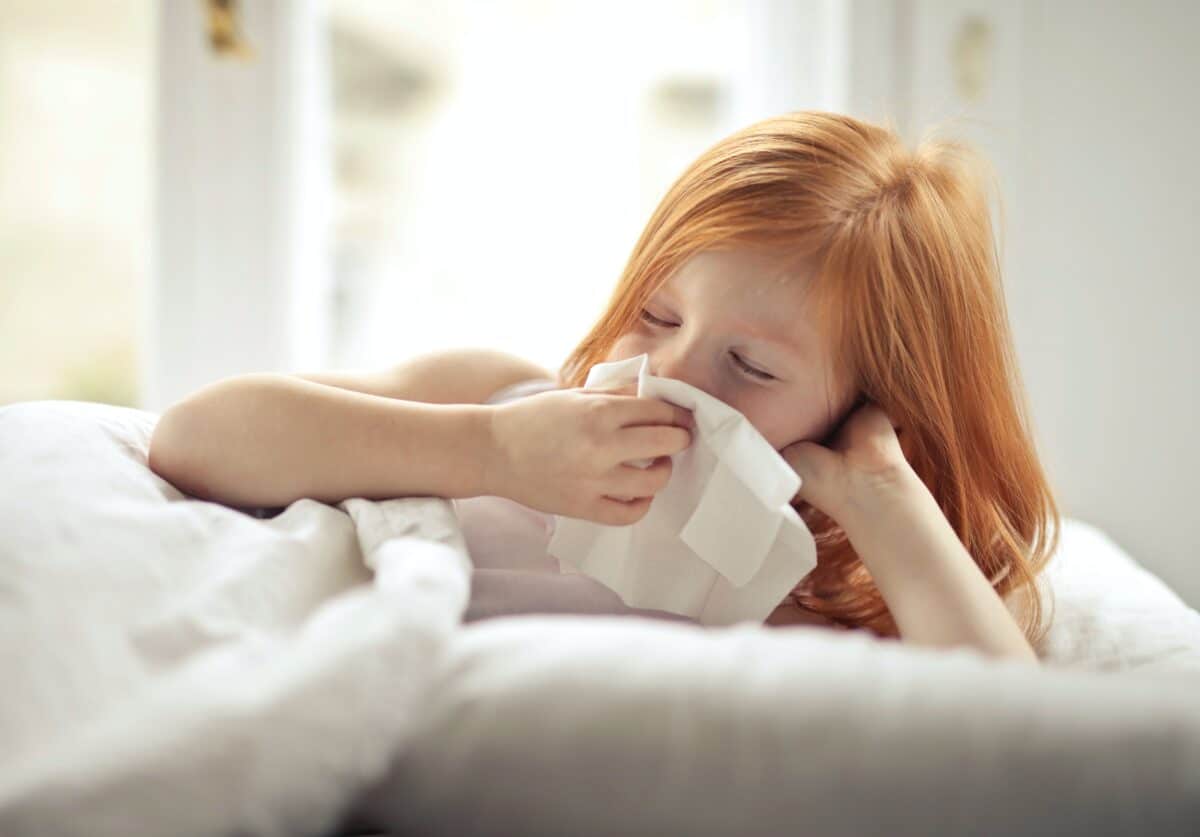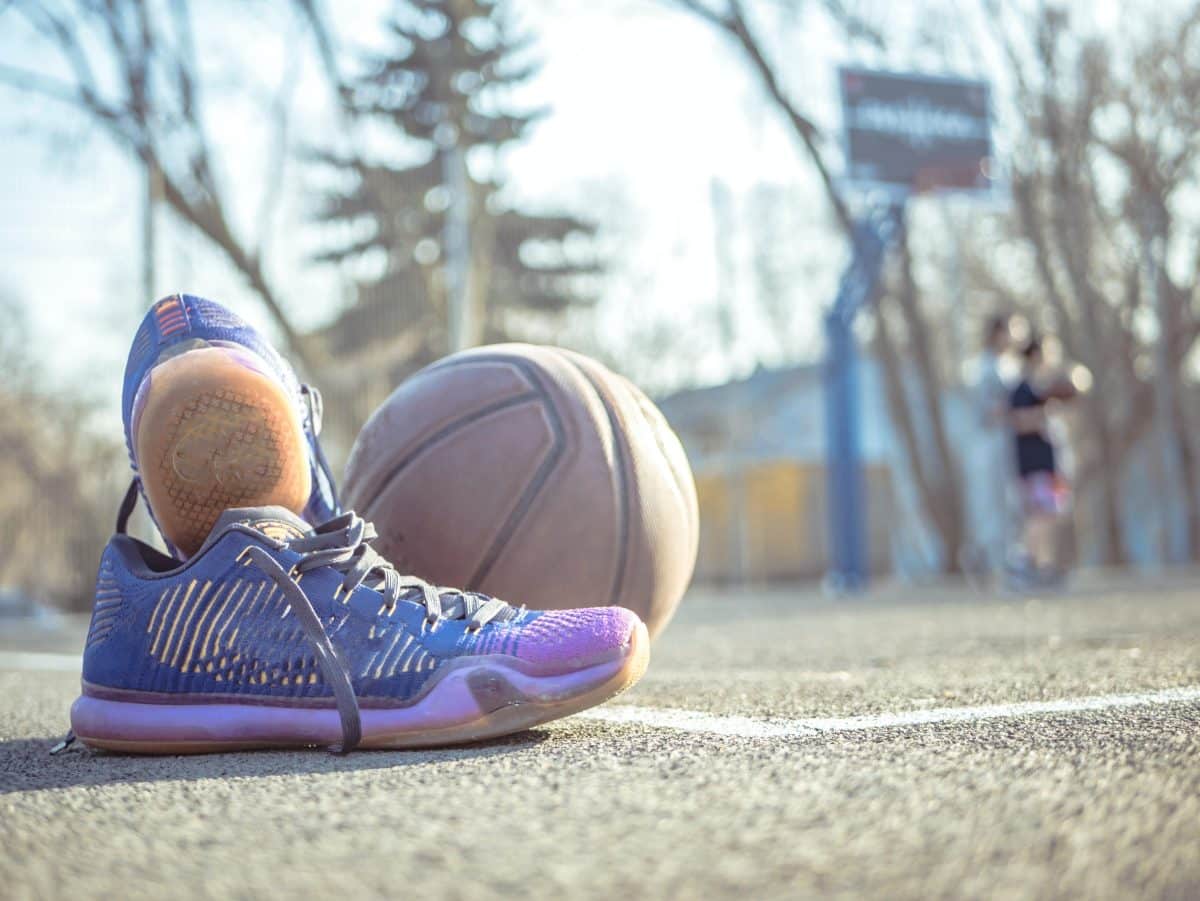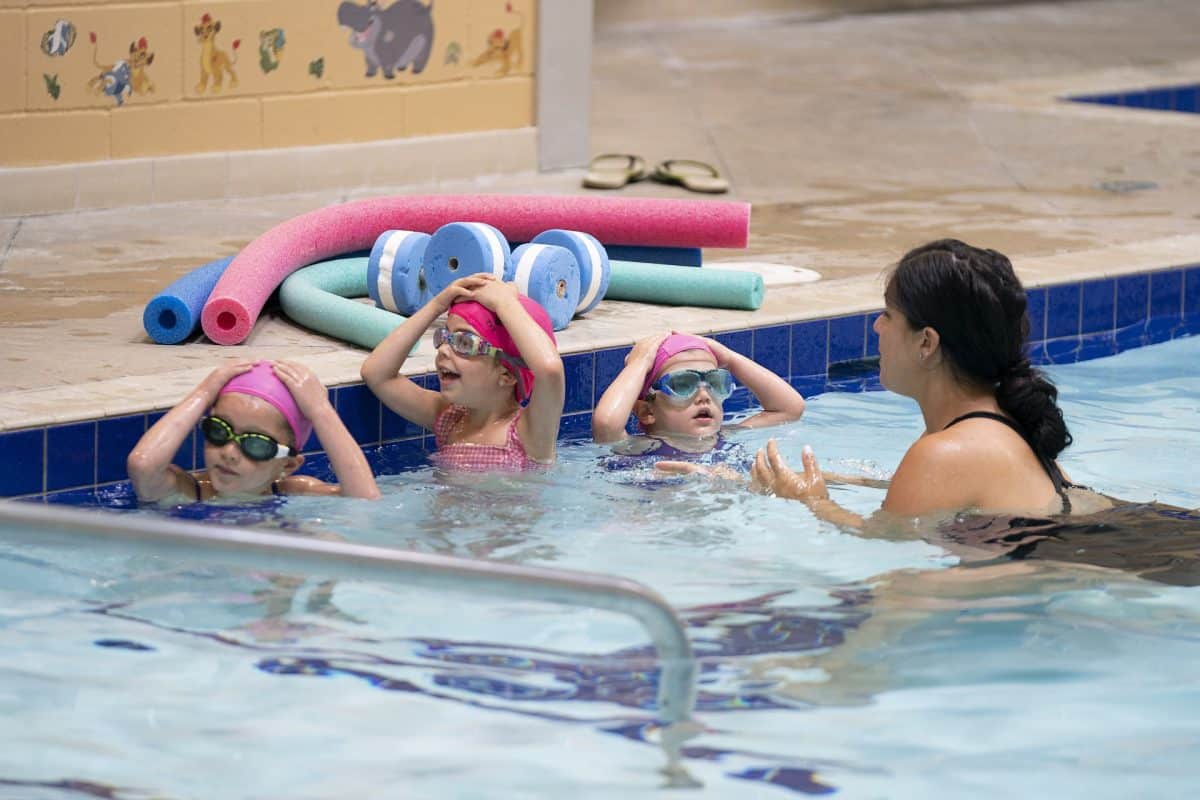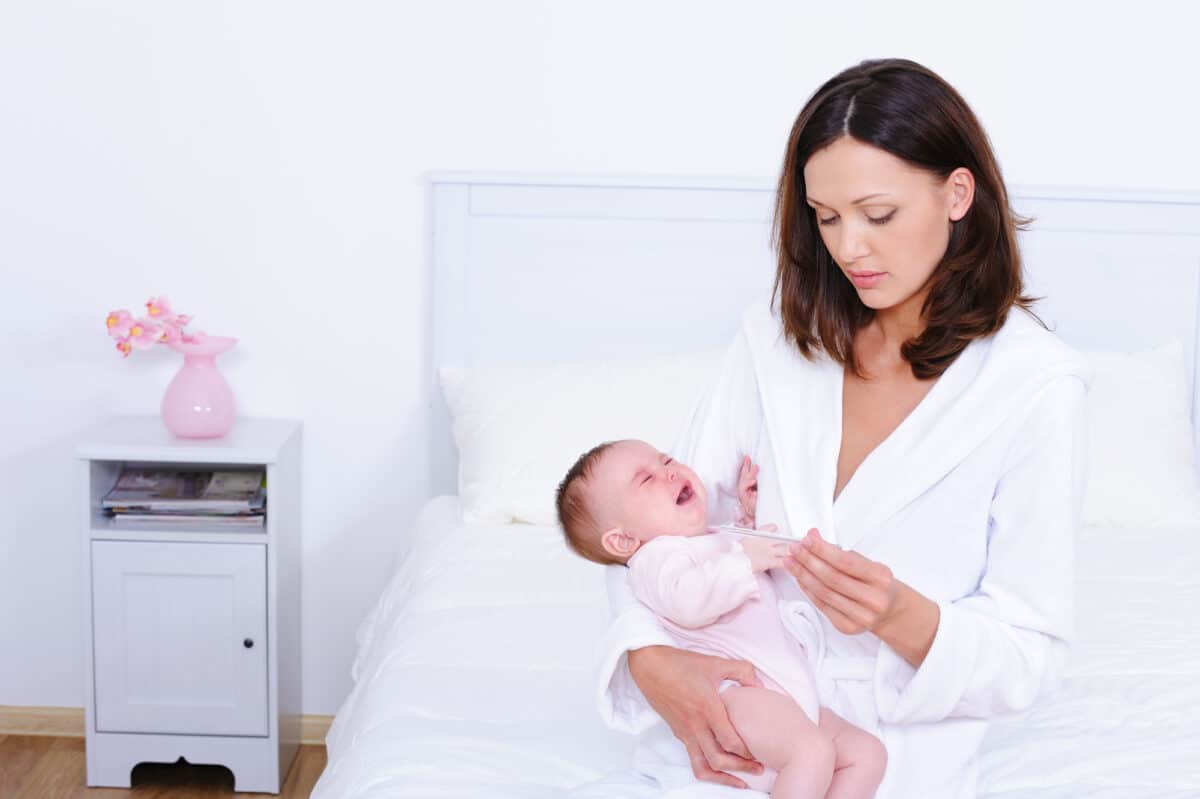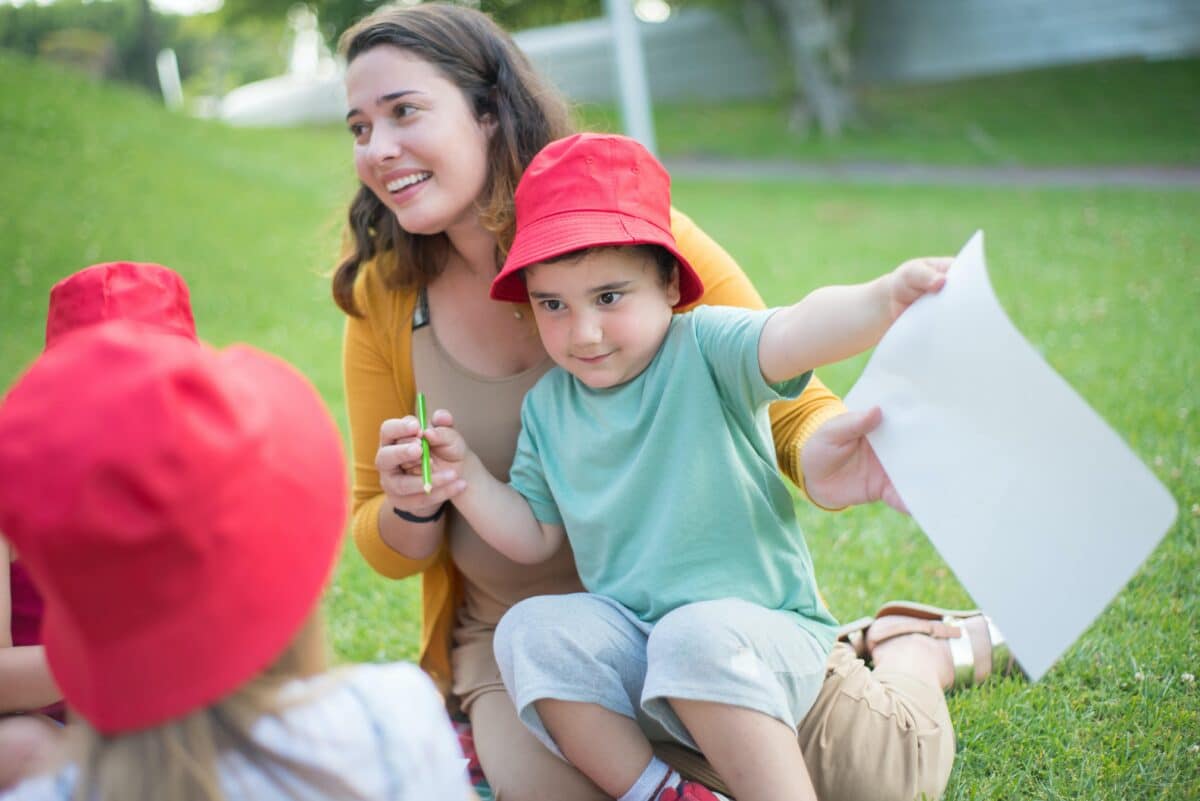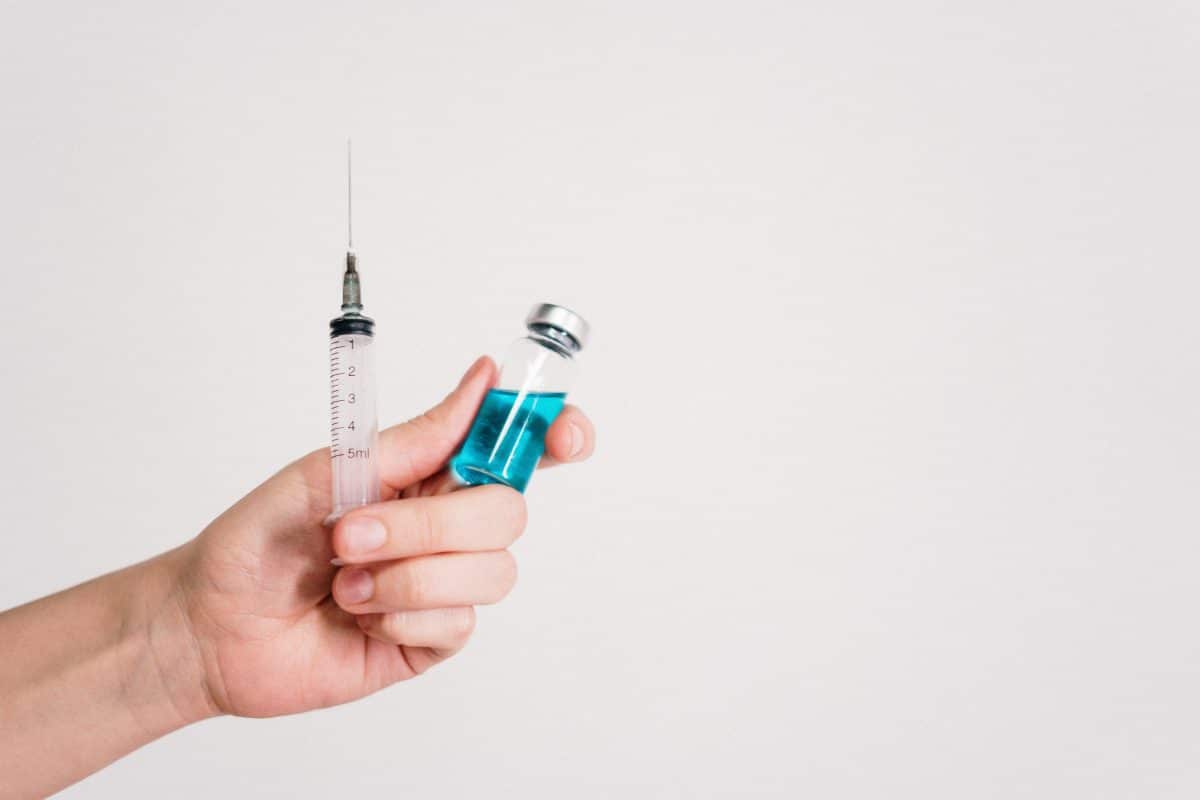Those coos and gurgles are cute, but you can’t always understand them.
When do babies start talking?
From the time they’re born (and even before!) we look forward to seeing our babies take on the world. From crawling to walking and babbling to talking, so much happens to babies in the first few years of life!
All babies are different, but there are certain guidelines the CDC puts out so that parents can make sure their babies are on track. One major milestone is when your baby (finally!) starts talking.
Read on to find out when babies start talking, what talking actually means (hint: it’s not words), and what you should do if your baby seems to be experiencing a speech delay.



